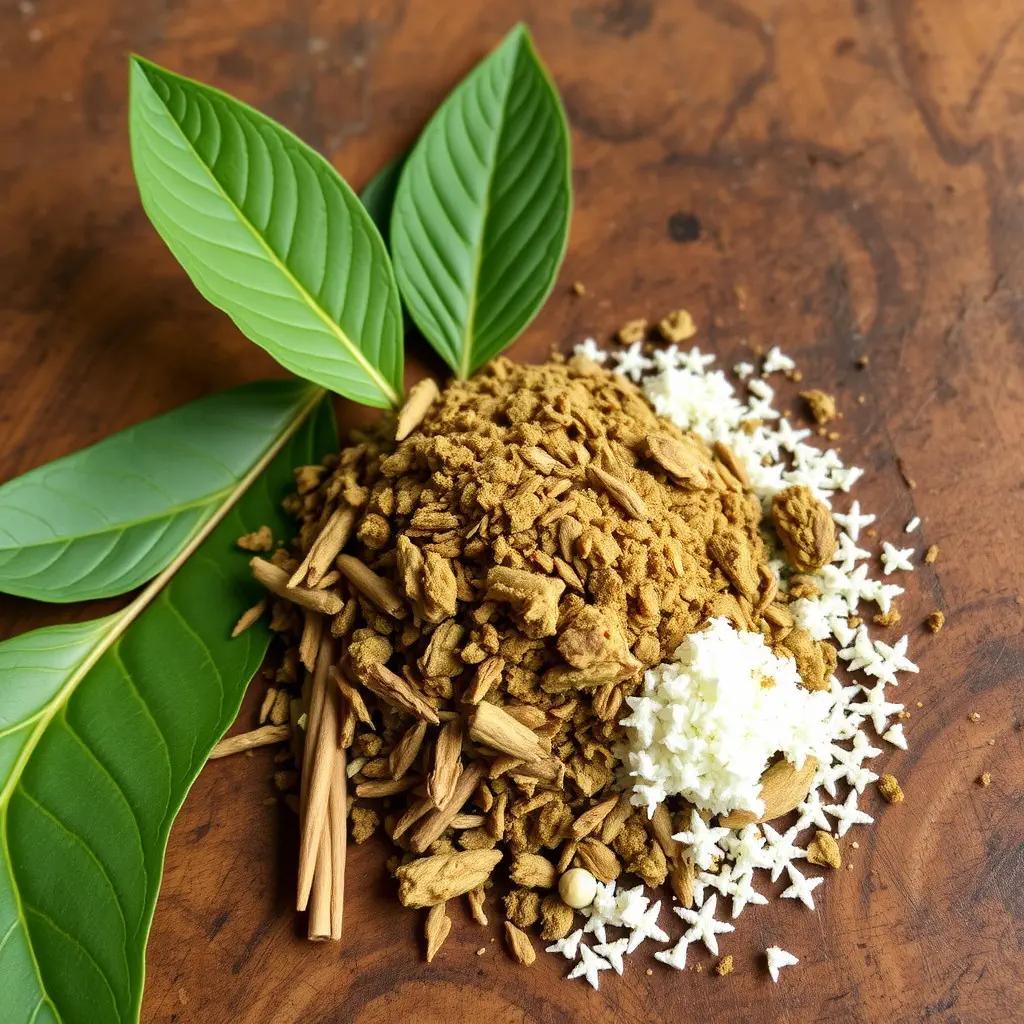Sports nutrition plays a vital role in peak athlete performance, with dietary supplements and balanced diets supporting training, recovery, and health. In Indiana, where kratom laws are relatively lenient, athletes increasingly explore kratom (Mitragyna speciosa) as a natural energy and pain relief aid. However, they must balance potential benefits with scientific evidence and legal considerations, adhering to Indiana's kratom law regarding acceptable use. While kratom offers focus and recovery benefits, individual responses vary, necessitating more research. Athletes in Indiana must stay informed about the law, inspect product labels carefully, and consult professionals to avoid legal issues related to specific processed kratom products with high mitragynine levels.
“In the world of sports nutrition, performance enhancement is a hotly debated topic. This article delves into two contrasting elements: traditional sports nutrition practices and an emerging alternative, Kratom. We explore how this herb may offer athletes potential benefits, especially in recovery and pain management.
Additionally, with Indiana’s unique kratom law in mind, we guide athletes through navigating legal considerations, ensuring they stay informed and within regulatory boundaries.”
- Understanding Sports Nutrition and Its Role in Performance Enhancement
- Kratom: An Alternative Herb with Potential Benefits for Athletes
- Navigating Indiana's Kratom Law: What Athletes Need to Know
Understanding Sports Nutrition and Its Role in Performance Enhancement

Sports nutrition plays a crucial role in optimizing athletic performance and overall health for athletes. It involves the strategic use of dietary supplements alongside a balanced diet to support training goals, recovery, and enhanced physical function. In the world of competitive sports, every advantage counts, which is where specialized nutrition practices come into play. Athletes often turn to various substances, including kratom, a natural herb with growing popularity in Indiana (where kratom laws are relatively lenient compared to other states), to gain an edge.
Kratom, scientifically known as Mitragyna speciosa, has been used for its potential energy-boosting and pain-relieving effects by athletes seeking improved performance. However, understanding the science behind nutrition and its interaction with the body is essential. Sports nutritionists carefully study how different nutrients impact athletic performance, ensuring that any supplement use is evidence-based and safe, especially within the legal framework of local regulations like Indiana’s kratom laws.
Kratom: An Alternative Herb with Potential Benefits for Athletes

Kratom, a herb native to Southeast Asia, has gained attention in the sports nutrition world for its potential benefits. This natural plant, scientifically known as Mitragyna speciosa, is legal in many states, although regulations like the Indiana kratom law vary across regions, making it important for athletes and enthusiasts to understand local laws before consumption. Kratom is renowned for its diverse range of effects, offering both stimulant and opioid-like properties, which can appeal to active individuals looking for an edge.
For athletes, kratom may provide a natural alternative to enhance performance. Its stimulating effects can improve focus, energy levels, and endurance during training, while its pain-relieving qualities might aid in recovery after intense workouts. However, it’s crucial to approach kratom as a complementary tool, as individual responses can vary, and further research is needed to fully understand its effects on athletic performance.
Navigating Indiana's Kratom Law: What Athletes Need to Know

In Indiana, navigating the kratom law requires athletes and sports enthusiasts to stay informed about the state’s regulations. The use of kratom, a natural opioid derived from the Mitragyna speciosa plant, is legal in Indiana but subject to certain restrictions. Athletes should be aware that possession and distribution of specific kratom products with high levels of mitragynine (the primary psychoactive compound) can lead to legal consequences.
Understanding the Indiana kratom law is crucial for athletes who incorporate herbal supplements into their nutrition routines. It’s essential to know that the law differentiates between kratom in its raw form, which is legal, and processed products with elevated mitragynine levels, which are not. Athletes should check product labels carefully and consult with sports nutritionists or healthcare providers to ensure compliance, thus avoiding any potential issues before, during, or after their athletic events.
Sports nutrition plays a vital role in optimizing athletic performance, and exploring alternative options like kratom could offer unique advantages for athletes. Indiana’s kratom law provides specific guidelines that athletes should be aware of when considering this herbal supplement. By understanding the potential benefits and legal framework, athletes can make informed decisions to enhance their training and recovery while staying within the boundaries of the law. This balanced approach ensures they can achieve their performance goals safely and effectively.






